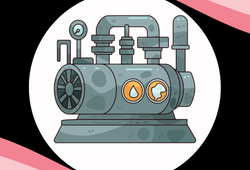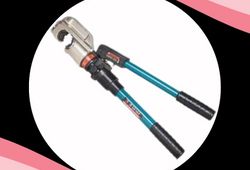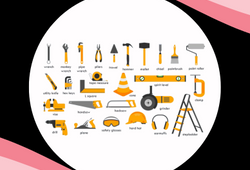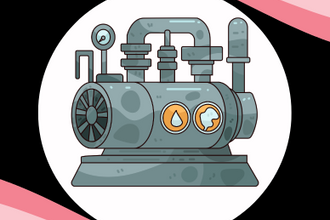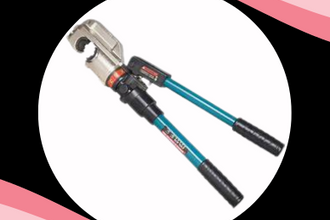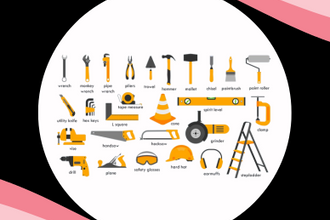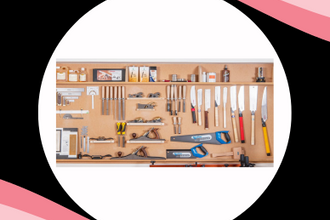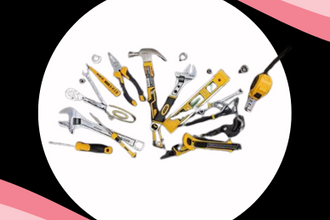Need to clean up rust, paint, or dirt fast? A wire brush might be just what you need. It’s a simple but powerful tool that’s used in workshops, homes, and garages. Whether you're a DIY fan or a pro, knowing which wire brush to use—and how to use it—can save you time and effort. So, let’s dig in!

What Is a Wire Brush?
A wire brush features firm metal wires designed to remove dirt and rust. Wires in brushes are typically made of metal such as steel, brass, or stainless steel. It’s ideal for scraping stubborn things like rust, paint, or dirt from various surfaces. You can use a wire brush by hand or attach it to machines like drills or grinders for harder tasks.
Wire brushes come in many shapes and sizes. Each type is designed for a specific task, so it's essential to know which one suits your tasks most effectively.
Different Types of Wire Brushes
Wire brushes are not all the same. These types of wire brushes are used the most.
-
Hand Wire Brushes
These brushes have handles and are used manually. They're ideal for small, tight spaces or light cleaning jobs.
-
Wire Wheel Brushes
These round brushes are designed to fit on power tools, such as drills or grinders. They spin fast and work well for heavy-duty cleaning. -
Cup Brushes
Cup brushes are strong and ideal for cleaning flat surfaces. You often see them used to strip paint or clean metal. -
End Brushes
These small brushes reach into corners and narrow spots. They're ideal for cleaning inside pipes or grooves.
Uses of a Wire Brush
So, what can you do with a wire brush? A lot! Here are some common uses:
-
Remove rust from tools or metal parts
-
Strip old paint from wood or metal
-
Clean welding joints or metal surfaces
-
Prep surfaces before painting or sealing
-
Polish metal for a smoother look
-
Clean grills or ovens (with proper care)
It’s a go-to tool for anyone who works with metal, wood, or even stone.
How to Select the Right Wire Brush
Choosing the right wire brush is easy if you know what to look for. Ask yourself these questions:
-
What surface are you cleaning?
For metal, go with steel. Use brass or stainless steel brushes for softer surfaces. -
How tough is the job?
Use twist knots or cup brushes for heavy-duty work. Hand brushes are best for lighter tasks. -
Are you using a machine?
If yes, get a brush that fits your tool—drill, grinder, or sander. -
Need precision?
Choose end brushes for tight spots and detailed work.
Picking the right brush depends on what you’re doing and what tool you have.
Conclusion
A wire brush is a handy tool that makes tough cleaning jobs easier. From removing rust to prepping surfaces, it does a lot. With different types available, there’s a wire brush for every task. Just remember to pick the right one for your project, and you’re good to go!
FAQS
Is a wire brush safe?
Yes, when used correctly. Always wear safety goggles and gloves. Keep your hands and body away from spinning brushes. Always follow the instructions provided by the manufacturer and choose a brush that matches the surface you’re working on. Use gentle pressure—don’t push too hard.
Can you use a wire brush on wooden surfaces?
Yes, but choose soft bristles such as brass or nylon. These are gentler on wood and avoid deep scratches. They are great for giving wood a worn or rustic look. Start carefully by trying the brush on a small, hidden spot to see how it affects the surface.
Can wire brushes be used with angle grinders?
Absolutely! You can attach wire brush wheels to angle grinders. Wire brush wheels are ideal for cleaning heavy rust and peeling paint on large metal pieces. Only use brushes rated for your grinder's speed. Wear gloves, goggles, and a dust mask. Always follow safety guidelines.



